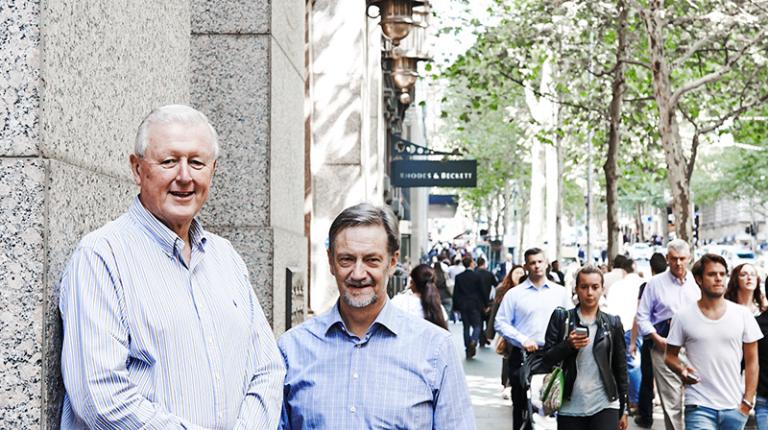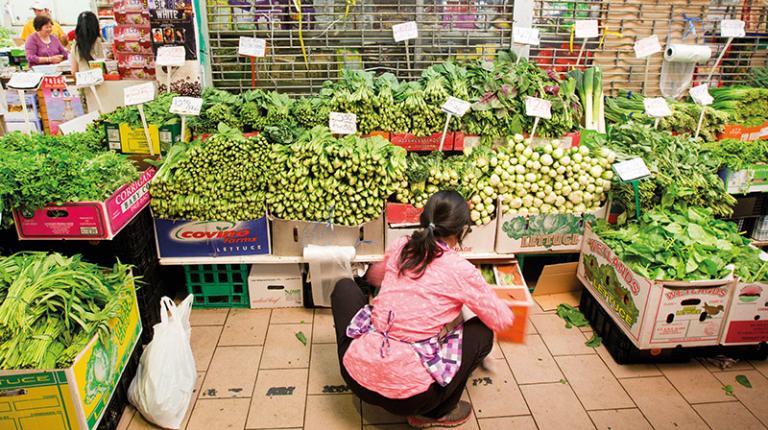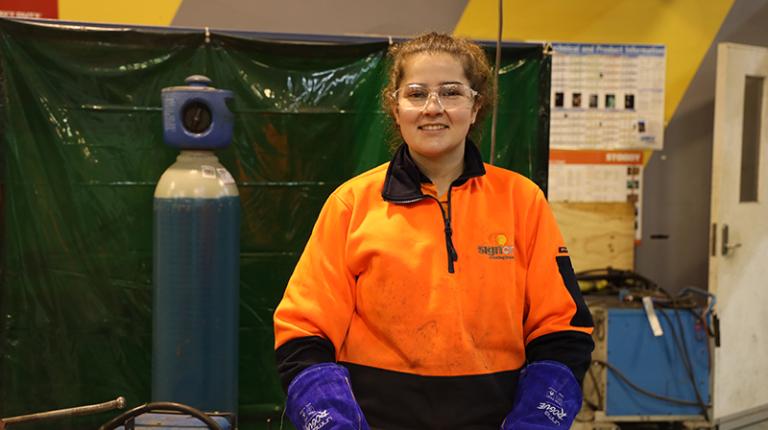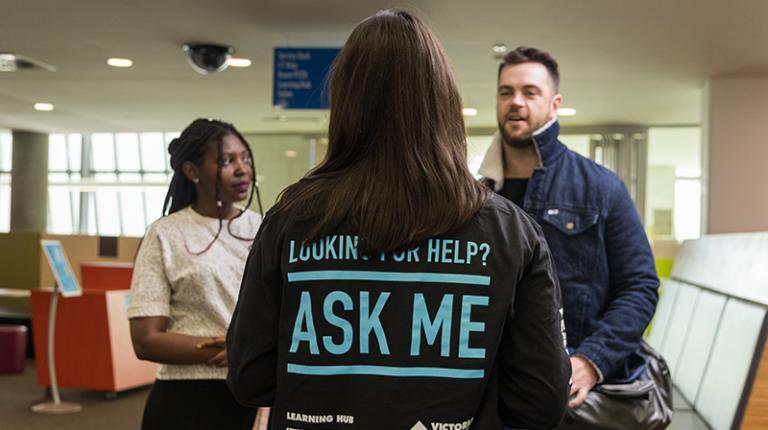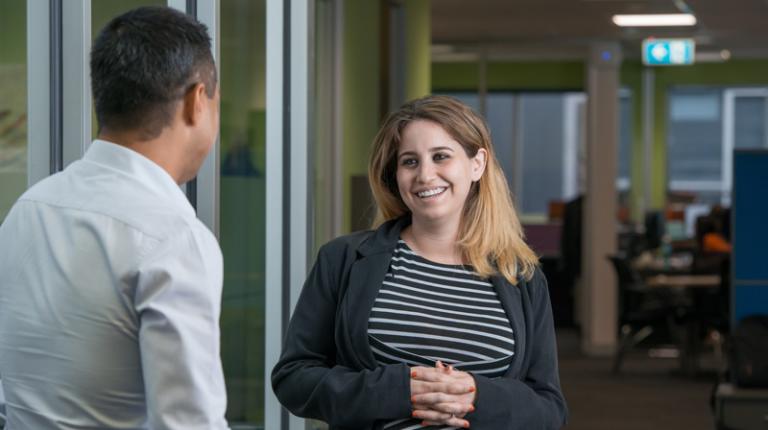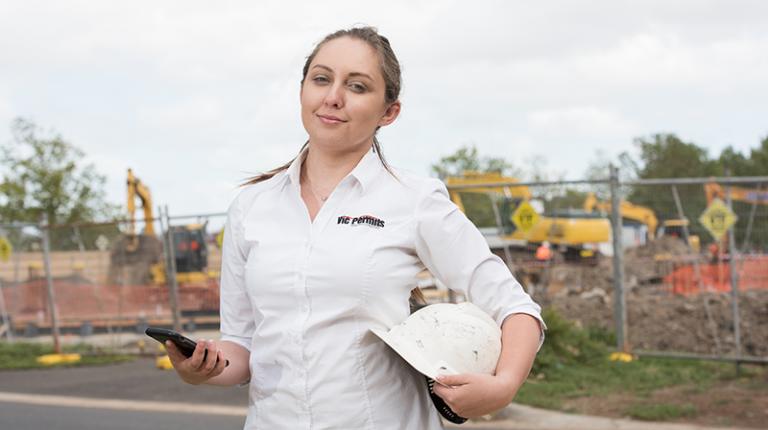The West of Melbourne Economic Development Alliance (WoMEDA) was established by Victoria University to bring together local Councils and businesses to develop an economic strategy for the region. WoMEDA meets regularly to discuss economic analysis provided by Victoria University, opportunities for economic advancement and to develop strategy. In its fifth landmark report, WoMEDA advances the booming area of Werribee, as a logical location to develop a new satellite city in Melbourne’s west.
Mitchell Institute research for the Federal Department for Education, Skills and Training (now the Department of Education) shows work experience while studying is associated with better labour outcomes at age 25. The Industry Experiences and Their Role in Education to Work Transitions report was commissioned as part of the Review of University-Industry Collaboration in Teaching and Learning. While higher education is still associated with strong employment outcomes at age 25, apprentices and trainees are likely to earn more, have higher rates of full-time employment, and report higher levels of job satisfaction. There are increasing levels of part-time work among young people at age 25 and falling levels of wage growth over time.
Adjunct Professor Peter Dawkins of the Mitchell Institute and Professor Martin Bean delivered the Review of University-Industry Collaboration in Teaching and Learning, commissioned by the Federal Department for Education, Skills and Training (now the Department of Education). Since the Global Financial Crisis (GFC) of 2008, young people have experienced deteriorating labour market outcomes, and are increasingly trapped in under-employment and lower skilled occupations. The Review recommended seven short-term actions government, higher education providers and industry can take to promote greater collaboration across the sector.
CoPS modelling and analysis work, software and training was provided to organisations across 36 countries, including Australian state and federal government agencies, finance ministries and central banks from around the world and international organisations like the UNDP and ILO.
CoPS made theoretical and practical contributions to policy-oriented large-scale economic modelling through:
- advancing the representation of the economic characteristics of pandemics within the detailed economy-wide framework
- demonstrating how financial assets and liabilities can be integrated into a global real-side economic model and evaluated the costs and benefits of financial and trade decoupling between the U.S. and China
- making improvements to the speed and function of GEMPACK software, used by thousands of analysts in the discipline of policy modelling around the world
- demonstrating how details of Australia’s indirect and property tax systems can be represented in a CGE framework
- developing global modelling tools encompassing income distribution, household disaggregation, and inking with ecological, biophysical or agricultural models.
CoPS research directly contributed to public policy formulation in Australia with:
- CoPS tax modelling used for the NSW Budget 2020/21 Consultation Paper on tax reform.
- CoPS’ work on the economics of Tasmania’s zero emissions policy was quoted in Tasmanian Government media releases and by the Tasmanian Premier in support of the State Government’s new climate policy targets.
- The tabling in Victorian parliament of Victoria’s Infrastructure Strategy 2021 – 2051 for which CoPS provided the integrated transport and land use modelling to inform the development of Victoria’s infrastructure.
CoPS implemented a series of modelling innovations across their regional and global models to provide further insights and more detailed analysis of the likely economic impacts and interlinkages between factors of policy changes and social and environmental events. For example, Covid-19 modelling for the U.S. and Australia led to further refinements for dynamic quarterly periodicity; excess capacity; risk aversion behavior; modelling economic restrictions; supply chain and labour supply disruptions; and working from home. In addition, CoPS developed their economic modelling software, with a beta test of GEMPACK for use in the Centre and an upgrade for CHINAGEM-Energy, for energy models in China, and held a modelling course at the University of International Business and Economics.





